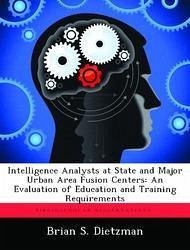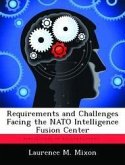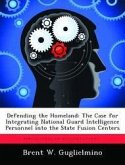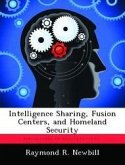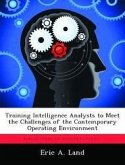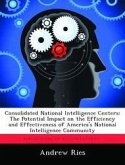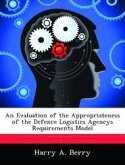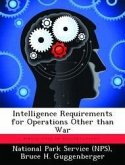Fusion Centers have grown in importance and capability since the attacks on September 11th, 2001. The primary roles fusion centers provide are to exchange information and provide intelligence to other agencies at the state, local, federal and tribal entities, as well as private sector. This research paper originally sought to determine the optimal education and training necessary for intelligence analysts at the fusion centers, however no programmed curriculum could be established due to the discovery of more fundamental questions involving the role analysts play within fusion centers. Specifically, several unanticipated questions arose during the research: how can a fusion center or its intelligence analysts be assessed without clearly established performance standards, should fusion centers even produce finished intelligence products, and do fusion centers have the capability to produce finished intelligence? These questions must all be answered prior to developing and implementing a structured education and training program for fusion center intelligence analysts.

